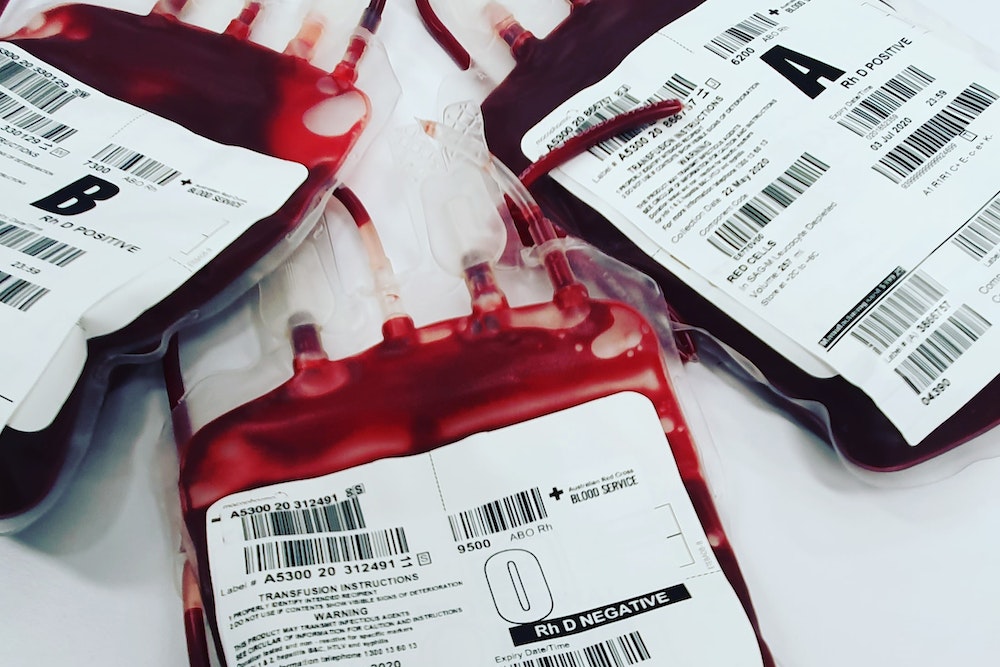Why Blood Donation is Important – and Who Benefits
Blood donation is a vital and life-saving act that plays a crucial role in modern healthcare systems. It’s not only an act of compassion but also a fundamental necessity to ensure the well-being of patients in need. The importance of blood donation extends far beyond the immediate act itself, and its benefits have a ripple effect on individuals, families, and entire communities.
**1. *Saves Lives:*
The most obvious and profound reason for the importance of blood donation is that it saves lives. In emergencies, surgeries, accidents, and medical treatments, access to an adequate and safe blood supply is often the difference between life and death. Donated blood is used to replace blood lost due to injuries, surgeries, or medical conditions, ensuring that patients receive the vital oxygen and nutrients their bodies need to survive.
2. Supports Medical Treatments:
Many medical procedures, such as organ transplants, cancer treatments, and surgeries, require blood and blood products. Without a steady supply of donated blood, these critical treatments would not be possible. Blood donations enable doctors to carry out complex medical interventions that improve and extend the lives of patients.
3. Benefits Diverse Patient Groups:
People of all ages and backgrounds require blood transfusions. From newborns with medical complications to elderly individuals undergoing surgeries, a wide range of patients benefit from donated blood. Blood donation is essential to meet the diverse needs of patients across different medical conditions and demographics.
4. Reduces Shortages:
A steady and consistent blood supply helps prevent shortages during emergencies and unexpected high-demand situations. Blood banks and medical facilities can respond more effectively to crises when they have a sufficient reserve of blood products readily available.
5. Fosters Community and Solidarity:
Blood donation serves as a unifying force within communities. It brings people together for a common cause – to save lives. By participating in blood donation drives, individuals contribute to the overall well-being of their communities and create a sense of unity and solidarity.
6. Health Benefits for Donors:
While the primary focus of blood donation is to benefit patients in need, donors themselves also experience health advantages. Donating blood stimulates the production of new blood cells and can help maintain healthy iron levels in the body. Regular blood donation is associated with potential cardiovascular benefits and a reduced risk of certain diseases.
In conclusion, blood donation is of paramount importance for a multitude of reasons. It is a lifeline for patients in critical conditions, an essential component of medical treatments, and a unifying force within communities. By donating blood, individuals contribute to the well-being of countless others while also reaping potential health rewards. The impact of blood donation is far-reaching, touching the lives of patients, families, and entire societies.


